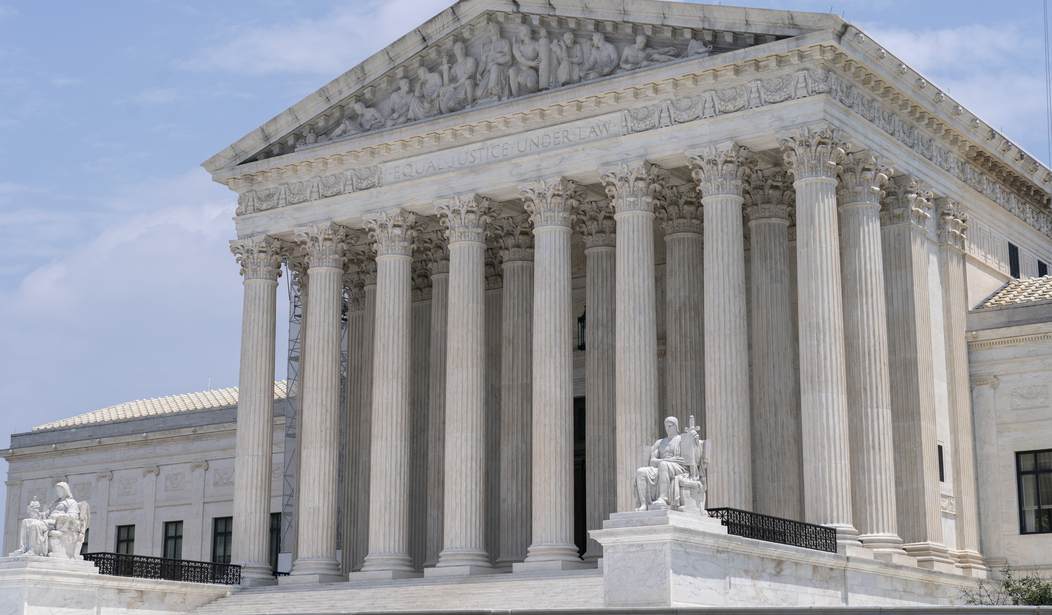The U.S. Supreme Court has unfortunately sided with the Biden administration, keeping regulations on so-called “ghost guns” that can be manufactured at people’s homes.
There’s no such thing as a “ghost gun,” unless one is referring to an actual ghost holding a gun. Remember when President Joe Biden was giving a speech in North Carolina endorsing semiconductor production and proceeded to shake hands with the air? Perhaps “ghost guns” are exactly that — ghosts holding guns.
Joe Biden shakes hand with the Air. pic.twitter.com/sj089xgz7W
— Dr. Vedika (@vishkanyaaaa) April 15, 2022
The Biden administration had appealed a federal judge’s ruling in Texas that dismissed the regulations; however, the Supreme Court put the ruling on hold while the case undergoes the appeal process. The regulation will now head to the Fifth U.S. Circuit Court of Appeals in New Orleans and potentially make its way back to the high court.
The federal regulation was put in place a year ago and would put “ghost guns” in the same predicament as other fully assembled firearms, allowing the government to trace serial numbers, background checks, and sales. The rule also requires gun manufacturers to run background checks prior to selling unfinished parts of a firearm, such as a frame.
Justices Thomas, Alito, Gorsuch, and Kavanaugh stood the line and said they would have allowed the lower court ruling to take effect, while Justices Roberts, Barrett, Sotomayor, Kagan, and Jackson all favored the ruling to undergo the appeal process.
According to the Biden administration, such a rule is needed as a response to untraceable guns.
“The public-safety interests in reversing the flow of ghost guns to dangerous and otherwise prohibited persons easily outweighs the minor costs that respondents will incur,” Solicitor General Elizabeth Prelogar, the administration’s top Supreme Court lawyer, wrote in a court filing.
Judge Reed O’Connor of the Federal District Court for the Northern District of Texas sided with the challengers of the “ghost gun” regulation, arguing that “a weapon parts kit is not a firearm” and “that which may become or may be converted to a functional receiver is not itself a receiver.”
The Bureau of Alcohol, Firearms, and Explosives states that the frames and receivers of a firearm are defined as a “firearm” in the law.
“Even if it is true that such an interpretation creates loopholes that as a policy matter should be avoided, it is not the role of the judiciary to correct them. That is up to Congress,” O’Connor added.
Lawyers for the Firearms Policy Coalition, a gun rights organization, told the Supreme Court that O’Connor was right in his argument concerning the ATF’s redefinition of a firearm, or firearm part, thereof.
“We’re deeply disappointed that the Court pressed pause on our defeat of ATF’s rule effectively redefining ‘firearm’ and ‘frame or receiver’ under federal law,” said Cody J. Wisniewski, the organization’s General Counsel and Vice President of Legal. “Regardless of today’s decision, we’re still confident that we will yet again defeat ATF and its unlawful rule at the Fifth Circuit when that Court has the opportunity to review the full merits of our case.”









Join the conversation as a VIP Member